Kátia Lund
Nacimiento : 1966-01-01, São Paulo, São Paulo, Brazil
Historia
Kátia Lund (born 1966 in São Paulo) is an American-Brazilian film director and screenwriter. Her most notable work was as co-director of the film City of God.
Lund's parents are Americans who emigrated to Brazil before she was born. She graduated from Escola Maria Imaculada, an American Catholic school in São Paulo where she excelled in art. She then attended Brown University where she became interested in filmmaking.
From Wikipedia, the free encyclopedia

Writer
A young Brazilian woman travels to indigenous, quilombola (communities founded in 19th century by runaway slaves), and rural communities, in search of the ancient wisdom of traditional midwives.

Director
A young Brazilian woman travels to indigenous, quilombola (communities founded in 19th century by runaway slaves), and rural communities, in search of the ancient wisdom of traditional midwives.

Director
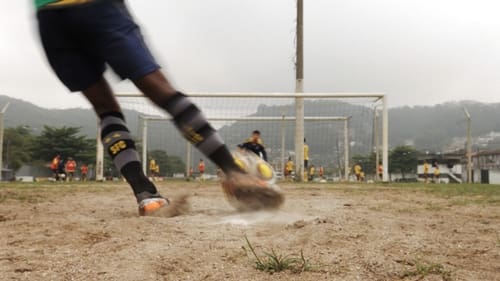
Writer

Director

Director

Producer
A portrait of the one hundred years of Santos Football Club, where history is told by the real facts, their meaning and emotion. "To born, to live and to die Santos", the path of the first Brazilian football team to become World Champion twice since its foundation. From Pelé goals era to the irreverent football of Neymar’s generation, the history is told by supporters, players and historians, inserting the football passion into the cultural context of Brazil and inside each Brazilian as well.
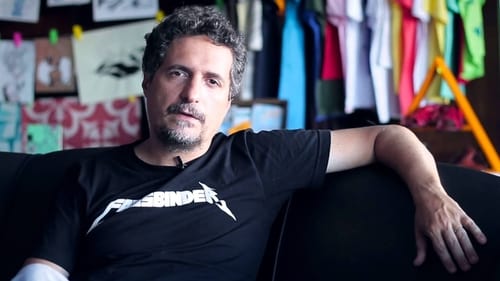
Self
Seventy critics and filmmakers discuss cinema around the conflict between the artist and the observer, the creator and the critic. Between 1998 and 2007, Kléber Mendonça Filho recorded testimonies about this relationship in Brazil, the United States and Europe, based on his experience as a critic.
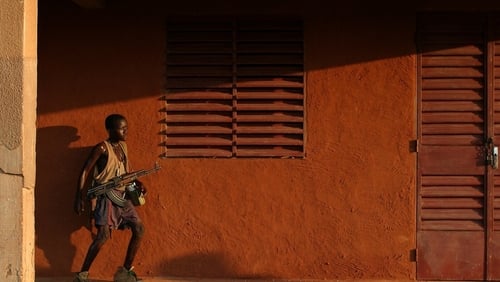
Writer
Siete cortometrajes que retratan la vida de niños anónimos en distintas partes del mundo

Director
Siete cortometrajes que retratan la vida de niños anónimos en distintas partes del mundo

Herself
Documentary on the preparation of actors for "City of God".
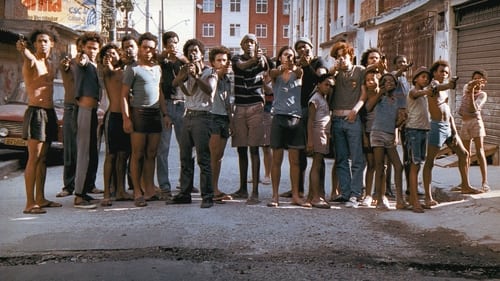
Co-Director
Basada en hechos reales, cuenta la historia del crecimiento del crimen organizado en los suburbios de la ciudad de Río de Janeiro, desde finales de los años sesenta hasta el comienzo de los ochenta, cuando el tráfico de drogas y la violencia impusieron su ley entre la miseria de las favelas.“Buscapé” tiene 11 años y es sólo un niño más en Cidade de Deus, un suburbio de Río de Janeiro. Tímido y delicado, observa a los niños duros de su barrio, sus robos, sus peleas, sus enfrentamientos diarios con la policía. Ya sabe lo que quiere ser si consigue sobrevivir: fotógrafo. “Dadinho”, un niño de su misma edad, se traslada al barrio. Sueña con ser el criminal más peligroso de Río de Janeiro y empieza su aprendizaje haciendo recados para los delincuentes locales. Dos vidas paralelas en Cidade de Deus.
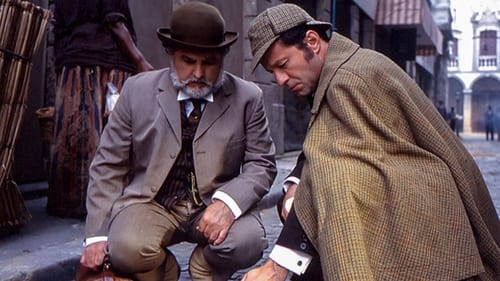
First Assistant Director
Rio de Janeiro, 1886. A precious Stradivarius violin presented to Emperor Dom Pedro II is stolen. Sherlock Holmes and Dr. Watson are called to solve the case.

Director
Two young boys, Laranjinha and Acerola, living in Cidade de Deus, one of the most violent neighborhoods in Rio de Janeiro, need some money to go to a concert. The "easiest" (and most dangerous) way to get it is working for some drug-dealers.
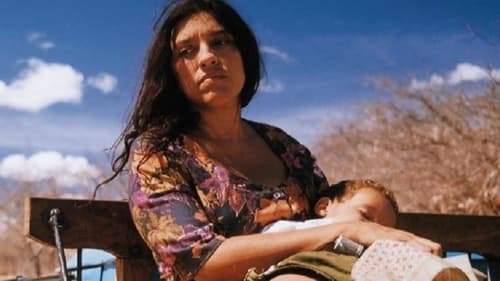
Assistant Director
A true story that comically depicts the relationship between an ordinary woman and her three husbands, who live in the same house in a poor and arid small village of the Brazilian northeast.

Writer
Documentary about urban violence in Brazil, especially in Rio de Janeiro. Policemen, drug dealers, and shantytown dwellers get trapped into a daily war that knows no winners.

Director
Documentary about urban violence in Brazil, especially in Rio de Janeiro. Policemen, drug dealers, and shantytown dwellers get trapped into a daily war that knows no winners.

Director
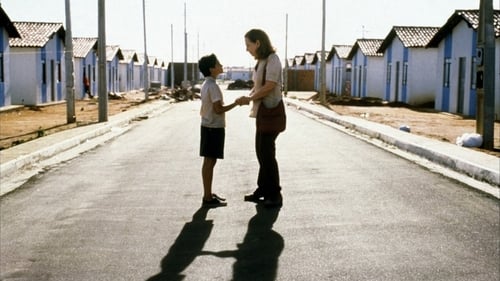
Assistant Director
En los asfixiantes pasillos de la Estación Central, en Río de Janeiro, una antigua maestra se gana la vida escribiendo las cartas que le dictan los analfabetos. Endurecida por la soledad y por la adversidad, Dora ha ido cayendo en una estoica indiferencia. Sin embargo, cuando una de sus clientes muere atropellada a la salida de la estación, decide hacerse cargo de su hijo y llevarlo a casa de su padre en una remota zona del nordeste de Brasil.










